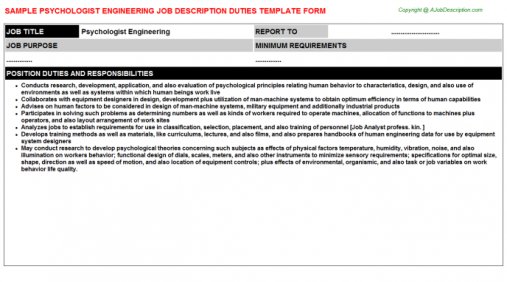
Criminal psychology, according to the Society for Police and Criminal Psychology, is the analysis of the motivations, behavior and actions of criminals. Criminal psychologists work closely with the criminal justice system and with social service professionals, such as social workers and other psychologists.
A positive trait to working in criminal psychology is that you can help with important public safety and peace issues. For example, the Federal Bureau of Investigation (FBI) has the National Center for Analysis of Violent Crime, which helps states and local governments with psychological assessments for violent criminals. Working for an organization like the FBI or smaller criminal justice organizations helps protect the public from violent offenders. However, working closely with criminals and assessing their behavior may be emotionally exhausting. The Occupational Information Network (O*NET) describes how clinical psychologists, who may work with criminals, need to have patience and emotional strength while analyzing the behavior of a violent individual.
Criminal psychology can lead to several different careers in the criminal justice system or in research fields. Here they are at a glance:
| Criminal Psychologists | Criminal Justice Professors | Sociologists | |
|---|---|---|---|
| Career Overview | Study and analyze criminals and their behavior | Teach criminal justice courses to college and university students | Study how social trends and relations influence behavior, such as criminal behavior |
| Education/Training Requirements | Doctoral degrees | Doctoral degrees, but master's degrees for community colleges. | Master's or doctoral degrees |
| Program Length | 2 years for master's degree, 6 years for doctoral degree | ||
| Additional/Other Training | One year internship in doctoral program for clinical psychology | Graduate assistant experience with teaching credentials | Graduate-school internships |
| Certification and Licensing | State-based licensing; some employers prefer certification | Not Applicable | |
| Experience Requirement | Graduate-school supervision experience, internship or psychological residency | Teaching and research experience during graduate school | Internships and research experience |
| Job Outlook for 2010-20 | For all psychologists, faster than average (22%) for all occupations* | For all professors, about as fast as the average (17%) for all occupations* | About as fast as the average (18%) for all occupations* |
| Median Salary (2011) | $67, 880 for clinical psychologists* | $59, 480* | $73, 670* |
Source: learningpath.org
You might also like:
















Forensic anthropologists identify the bodies of individuals killed in accidents, crime or natural disasters.